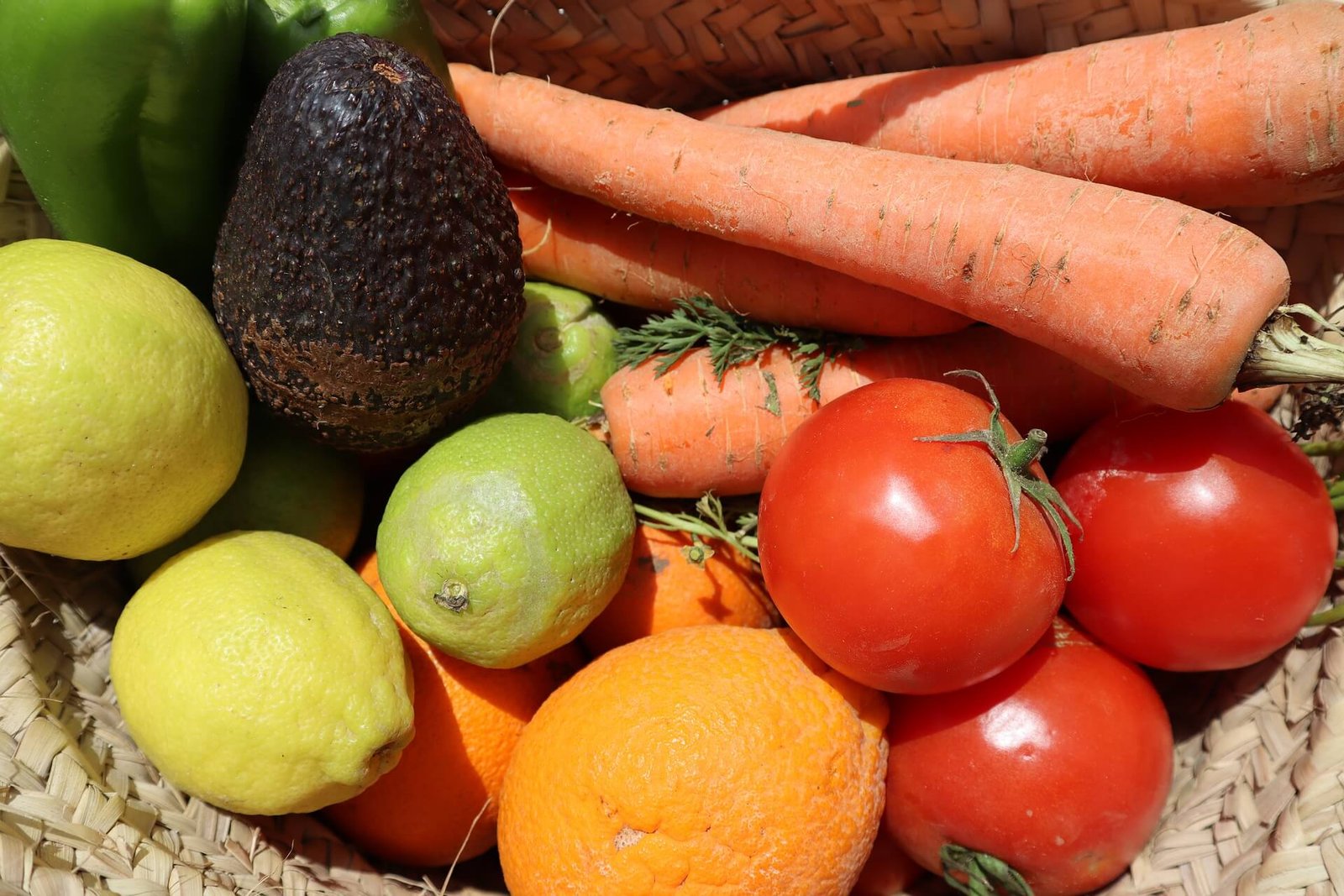Digestion 11 Methods you need to follow to keep it Healthy
 Overview of Healthy Digestion
Overview of Healthy Digestion
In the digestive system, your meal is broken down to fill out nutrients and expel waste. The digestive tract, liver, pancreas, and gallbladder are amongst these organs. An elongated tube runs from your mouth through the pharynx, esophagus, stomach, and intestines to the colon.
Your digestive entity spins the foods you eat into the nutrients your body needs. Your body may have a concern about consuming those nutrients if you neglect your digestive health.
The foods you eat, aside from your life, have a training effect on your digestive health. You can enhance your digestive health and sense of well-being by taking steps to support your digestive system.
Everyone encounters occasional digestive symptoms like stomach upset, gas, heartburn, nausea, constipation, and diarrhea.
When they happen frequently, these symptoms can bring on disruptions to your life. Changes in diet and lifestyle can have a determining effect on gut health.
Dietary and nutritional changes have a disagreement when it comes to coping with digestive issues.
Is it possible to say if you have digestive problems?
Digestion issues can bear on anyone. The symptoms are cramps, bloating, gas, diarrhea, and constipation. These symptoms of conditions like Testy Bowel Syndrome, Diverticulitis, and disease can double your risk.
11 Healthy Digestion Methods
1. High-fiber diet.
Eating high fiber-rich foods like fruits, vegetables, legumes, and complete grains is part of the best ways to enhance your digestive health.
As a result, digestion runs smoothly, preventing constipation and preserving a healthy weight. Fiber is additionally for preventing or treating illnesses that love diverticulosis, IBS, and hemorrhoids.
2. Consume five to seven servings of fruits and vegetables each day.

When it comes to including more fruits and vegetables in your diet, get creative. From red to green, let your plate be bursting with colors. Add plenty of new generate to your meals.
Stock up on canned and frozen vegetables for convenience. Those with a high-fiber diet have good digestion.
3. Eat more Complete grains.

Choose whole-grain products more frequently than white or processed bread. It should seem on the package the ingredient list (on the nutrition label).
Be definite to add whole grains in the 1st subitem listed. Check the number of fibers in the product. Pick up items with at fewest 3 grams of dietary fiber per representing for the best benefit.
Whole grains supply more fiber and nutrients, for example, omega-3 fatty acids, than subtle carbohydrates love white bread and pasta. Gut bacteria generate short-chain fatty acids when they ferment fiber.
Low-carb diets are popular, but bypassing grains altogether may not be the excellent gut bacteria that thrive on fiber.
4. Make definite you get both soluble and insoluble fiber.
You can use these to assist your digestive entity in diverse ways.
Soluble fiber, on the other hand, drags in water and prevents stools from fitting too liquid. Complete grains, vegetables, and wheat bran acquire insoluble fiber, while nuts, seeds, and legumes supply soluble fiber.
5. Restrain your intake of fattening foods.

Foods soaring in fat tend to reduce down digestion, which links to constipation. Nevertheless, you require several fats in your diet, so twosome fatty foods with high-fiber foods to make them easier to digest.
6. Restrain foods that acquire included sugars and animal fats.

These foods can generate chemicals in the gastrointestinal tract and bring on long-term damage. Keep an eye out for included sugars on ingredient labels – they can be tricky! Choose lean meats and poultry without skin. Do not high-fat dairy products like cheese and butter.
7. Pick up lean meats.

As a component of a healthy diet, you require protein, but you have additionally do not fatty cuts of meat that tend to be hard to digest.
Make definite to pick up lean cuts of meat, for example, skinless chicken and pork loin. For your digestive tract, but additionally more heart-healthy.
According to experts, red meat additionally promotes colon bacteria that generate chemicals connected with clogged arteries.
8. More probiotics
They are the same type of healthy bacteria naturally found in your digestive tract. The impact of an unpleasant diet, antibiotics, and emphasis on your body can be probiotics. When eaten regularly, they may enhance nutrient absorption, collapse lactose, save against IBS, and overall strengthen your resistant system. Absorbing low-fat yogurt or kefir any day is an excellent way to get probiotics.
9. Preserve consuming schedule.
Dieticians and other experts agree that consuming breakfast, lunch, dinner, and snacks each day ensures digestion. When you don’t eat consistently, your stomach overworks, which repeatedly results in bloating and indigestion.
You have to eat every 3 to 4 hours to consent your stomach.
10. Make definite you Imbibe plenty of water.

Drinking water motivates the passage of waste through your digestive entity and softens poop.
The fibers act as sponges that fill water. A vocation without fluid, so you’ll get constipated.
Absent from caffeine drinks can bring on heartburn.
To preserve digestive health, it is of vital importance that you remain hydrated. That’s because fiber attracts water into your colon to make softer stools, which can pass through more easily.
11. Pick up healthier cooking options.
Poaching, stewing, microwaving, braising, and boiling more than grilling and frying.
How can you say if you have digestive problems?

Anyone can encounter digestive problems. Cramps, bloating, gas, and diarrhea or constipation are several of the vast majority of current symptoms. While these symptoms are not forever a subscribe of something more serious, conditions love Testy Bowel Syndrome, Diverticulitis, and Crohn’s Disease can put you at risk for them.
The takeaway
For fast relief from digestion problems, mint tea, a stomach rub, or a mild dawdle can help. Relaxing before and after meals can additionally aid digestion.
By consuming more fiber and bypassing products, for example, processed foods, you can relieve digestive issues more effectively.
While several digestive reissues others, you can fix various of them by simply incorporating these simple habits into your daily life. To keep your digestive entity healthy, focus on consuming regularly, and remain hydrated.



